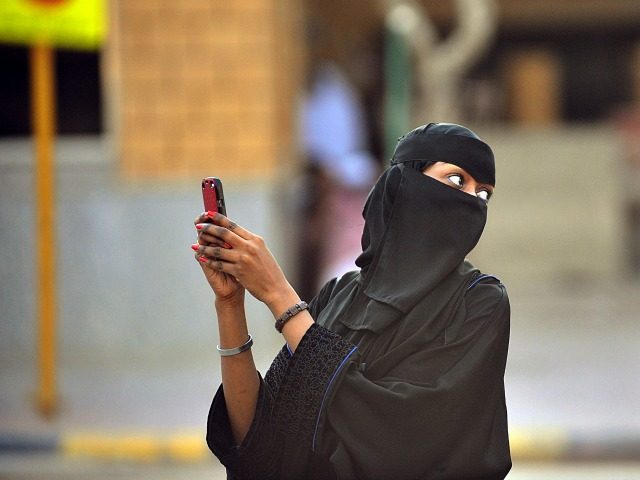Saudi Arabia has elevated a woman to the Sunni kingdom’s deputy labor minister post as it reshuffles positions within its military and government.
These reforms are part of a larger effort by Crown Prince Mohammed bin Salman (MBS) to modernize the country.
Reuters reports:
Tamadur bint Youssef al-Ramah became deputy labor minister, a rare high-level job for a woman in the deeply conservative kingdom … The appointment of a woman at the labor ministry is part of efforts to modernize and promote a more moderate form of Islam. Prince Mohammed has loosened social restrictions, scaling back the role of religious police and permitting public concerts.
The country’s Al-Arabiya news outlet notes that the Muslim country has opened up soldier rank positions to women for the first time ever in seven regions, including Riyadh, Mecca, and al-Madina.
Al-Arabiya reveals:
As part of MBS’s wide-ranging changes, the Saudi government has unveiled plans to allow women to drive this year, reportedly adding that women can also enroll in the security forces without the consent of a male relative and open their own business.
In 2011, critics blasted the sitting Saudi king at the time, Abdullah bin Abdulaziz Al Saud, for granting women the right to vote, run for local office, and serve on the Shura Council, but not allowing them to drive.
Saudi Arabia has imposed sweeping reforms since, though not without lingering criticism.
The 32-year-old crown prince MBS has pledged to implement reforms to wean the Sunni kingdom off oil exports, fuel job creation, and open up Saudis’ cloistered lifestyles.
Critics have acknowledged that the crown prince has removed several apparent rivals to the throne since rising the prominence three years ago in the name of reforms.
Nevertheless, changes are taking place in the ultraconservative Muslim nation.
Reuters notes:
A senior Saudi cleric said last month that women need not wear the abaya – the loose-fitting, full-length robe symbolic of religious faith – and another prominent sheik said that celebrating Valentine’s Day did not contradict Islamic teachings, defying the religious police’s hardline position.
During a high-profile palace shakeup last June, MBS’s cousin Mohammed bin Nayef was removed as crown prince and interior minister as MBS restructured the ministry to establish tighter control over intelligence and counter-terrorism operations.
U.S. President Donald Trump has expressed support for the crown prince’s transformation efforts, namely the corruption probes that have led to the arrests of dozens of Saudi businessmen, officials, and even royalty.
While some members of Saudi Arabia’s younger generation have reportedly welcomed the steps taken by the king-to-be, the Center for Security Policy (CSP) think tank has warned that the moves could backfire, allowing Islamic hard-liners to solidify their position and taking the Saudi government in the direction against America’s interests.
Referring to the latest changes, Reuters reports:
The overhaul was a nod to a younger generation, analysts said, in what has become a hallmark of the crown prince’s approach to ruling youthful Saudi Arabia, where patriarchal traditions have long made power the preserve of the old.
MBS has arrested some of Saudi Arabia’s hardline Wahhabi clerics, accused of fueling jihadist organizations like al-Qaeda.

COMMENTS
Please let us know if you're having issues with commenting.